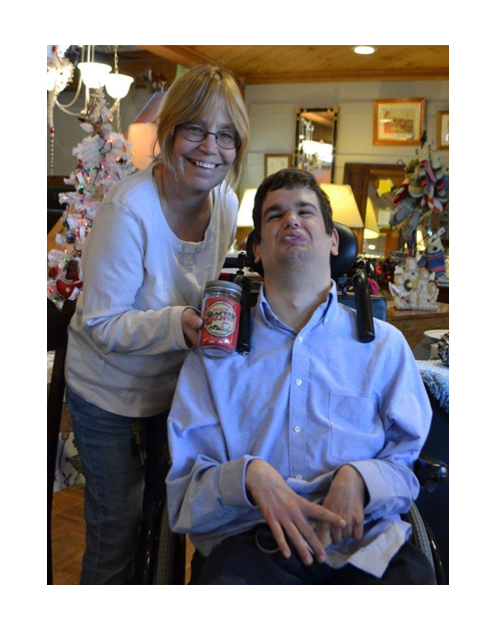Myths and Misconceptions
People with intellectual or other developmental disabilities are all alike and all require the same supports.
- Over the years, people with intellectual and other developmental disabilities have been placed in group settings partly because people have decided that it is cheaper and easier, and partly because people do not understand their various disabilities. The individuals in a given group often have nothing in common other than the fact that they all have at least one developmental disability.
- Disability is just one aspect of a person. It does not define them. Getting to know someone’s personality, likes, dislikes, needs and desires along with understanding their disability is the best way to determine what supports may be needed. Having an intellectual or developmental disability might mean needing supports to reach an outcome that a person without a disability might reach by himself.
- The presence of an intellectual or developmental disability does not change the fact that someone has his own, self-determined goals. Each person with a developmental disability might need some supports, just as we all do in different areas of our lives. However, the same amount and types of supports needed for one person may not be needed for another.
Some Causes of Intellectual Disability
Some individuals have an intellectual disability that occurs from:
- Genetics -something you are born with that is passed down by parents (e.g., Down syndrome, Fragile X).
- Other physical causes (e.g., fetal alcohol syndrome, car accidents, shaken baby syndrome).
- Social or environmental factors (e.g., lack of stimulation, trauma/abuse during the developmental years, lack of family and educational supports to promote mental development and adaptive skills).
- Approximately 40% to 50% of individuals with an ID have no known cause of their disability.
People with intellectual or other developmental disabilities are ill or sick.
- An intellectual or developmental disability is not an illness, and people living with intellectual or developmental disabilities are not “patients” (unless they happen to be temporarily hospitalized). You cannot catch a disability.
- While intellectual and developmental disabilities cannot be cured, individualized and age-appropriate supports are likely to enable people to reach their personal outcomes and increase their level of independence.
- Just like anyone else, a person with an intellectual or developmental disability may or may not have co-occurring conditions such as medical conditions, physical disabilities, or a mental illness.

People with intellectual/developmental disabilities need specialized services to meet all of their needs.
- Each of us, including those of us with intellectual or developmental disabilities, has very different strengths and support needs.
- We all continually grow and change in terms of the supports we need to be successful. One person may not need support or assistance with a certain task, while another may require support to successfully complete the same task. Similarly, someone who needs support today to complete a certain task may or may not need the same support tomorrow to be successful in accomplishing the same task.
- People with an intellectual or developmental disability can shop at the same store as people without a disability. They may or may not need support and assistance to do their shopping and money management.
- A person with an intellectual or developmental disability who has a medical condition can be treated by the same doctor as a person without a disability who has the same medical condition. Persons with an intellectual or developmental disability may or may not need help telling the doctor how they feel, understanding the diagnosis or taking prescribed medication.
- Just as for all of us, the supports provided must be individualized.